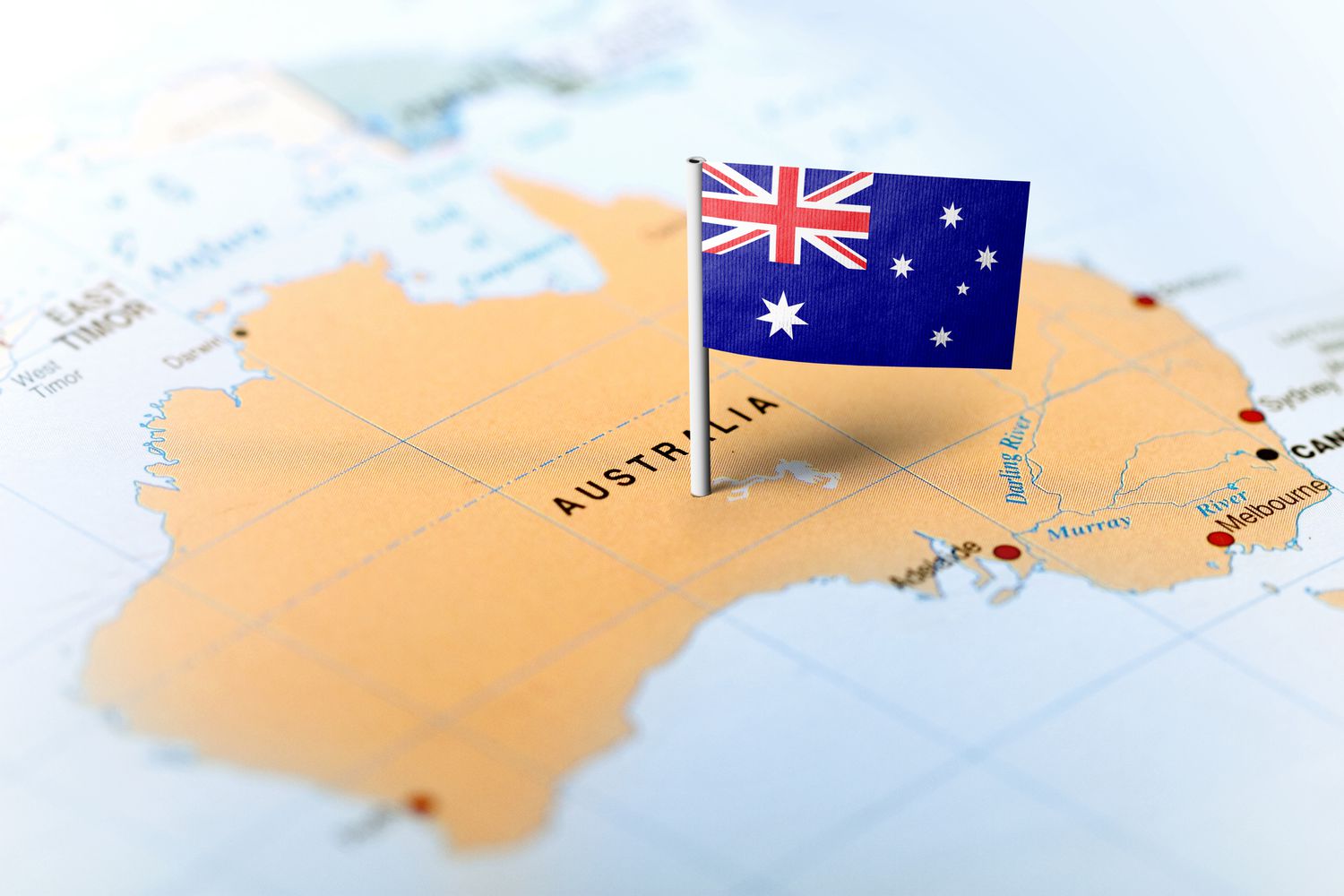Australia’s House of Representatives has voted to pass the Treasury Laws Amendment bill, including introducing mandatory climate-related reporting requirements for large and medium sized companies, including disclosures on climate-related risks and opportunities, and on greenhouse gas emissions across the value chain, starting as soon as 2025 for the largest companies.
The vote follows the approval of the bill in August by the Senate, and marks the last major legislative step to the passage of the new climate reporting requirements into law.
The House also voted to pass a new law establishing a new Net Zero Economy Authority, responsible for guiding the country’s economic transformation to net zero emissions, including reskilling workers for the energy transition, and coordinating with industry and investors on transformation opportunities.
The new climate disclosure legislation was introduced in January 2024 by Australian Treasurer Jim Chalmers, creating climate-related reporting requirements broadly in line with the recently-released standards by the IFRS Foundation’s International Sustainability Standards Board (ISSB). The Australian Accounting Standards Board (AASB) is currently in the process of developing the internationally-aligned climate disclosure standards for Australian companies, which are expected to be issued shortly, and the Australian Auditing and Assurance Board (AUASB) is developing assurance standards for climate disclosures in late 2024.
Initial reporting requirements will begin in January 2025, pushed back slightly from the initial draft legislation’s proposed July 2024 start date. Reporting requirements will apply to all public companies and large proprietary companies required to provide audited annual financial reports to the Australian Securities and Investments Commission (ASIC) that meet specific size thresholds, starting with companies with over 500 employees, revenues over $500 million or assets over $1 billion, as well as asset owners with more than $5 billion in assets. For medium sized companies (250+ employees, $200 million+ revenue, $500 million assets), reporting requirements will begin in July 2026, and smaller companies (100+ employees, $50 million+ revenue, $25 million+ assets) will begin one year later.
The legislation also includes a phased-in approach for Scope 3 reporting, allowing companies an extra year from the beginning of their disclosure requirements to report on the quantity of their indirect value chain emissions, in addition to three years of protection from litigation concerning Scope 3 disclosures.
Investor groups welcomed the passage of the new climate reporting legislation. In a post following the vote, the Australian Council of Superannuation Investors said:
“It’s official – the Government’s mandatory climate disclosures legislation has cleared Parliament. The disclosures should provide ACSI members and other investors with clearer information about their investee companies’ exposure to physical and transitional risks related to climate-change. This information will be integrated into investment processes and used by investors in their risk assessment and stewardship activities.”
Plans to establish Australia’s Net Zero Economy Authority were first introduced in May 2023, following the establishment into law the prior year by the Albanese government last year of Australia’s climate goals, including its targets to reduce greenhouse gas emissions by 43% by 2030, compared to 2005 levels, and to achieve net zero by 2050. Key proposed focus areas of the new authority included supporting workers, particularly in emissions-intensive sectors, to access new skills and employment, in addition to helping investors and companies to engage with net zero transformation opportunities, and supporting regions and communities in attracting new clean energy industries in coordination with programs and policies across the government.
Following the passage by Parliament of the new legislation to establish the Authority, MP Patrick Gorman, Assistant Minister to the Prime Minister and Assistant Minister for the Public Service, said:
“The Net Zero Economy Authority has passed the Parliament. I introduced this Bill to support communities across Australia on the transition to a net zero emissions economy. This is good for workers, good for regions and helps Australia reach net zero by 2050.”





